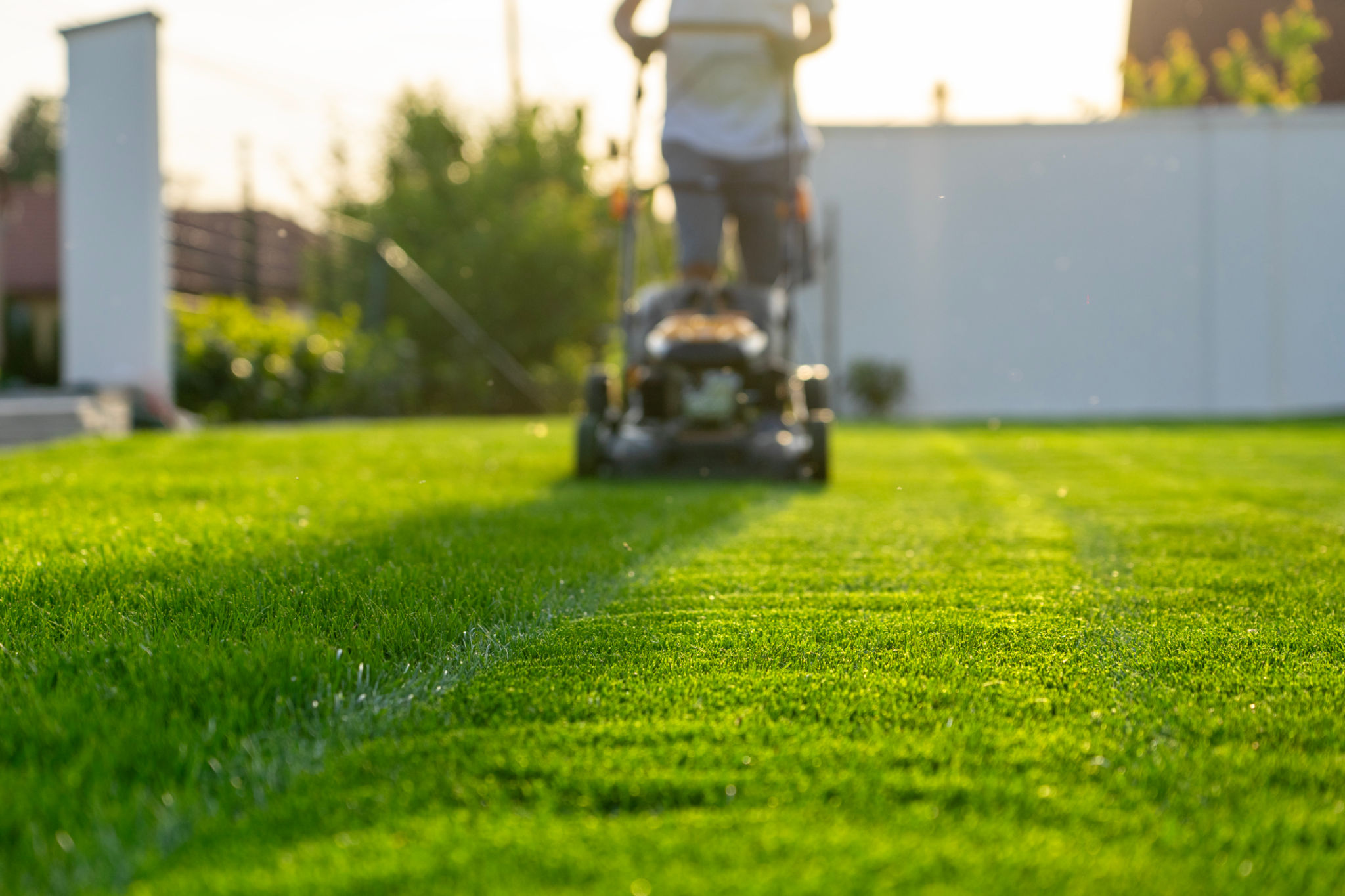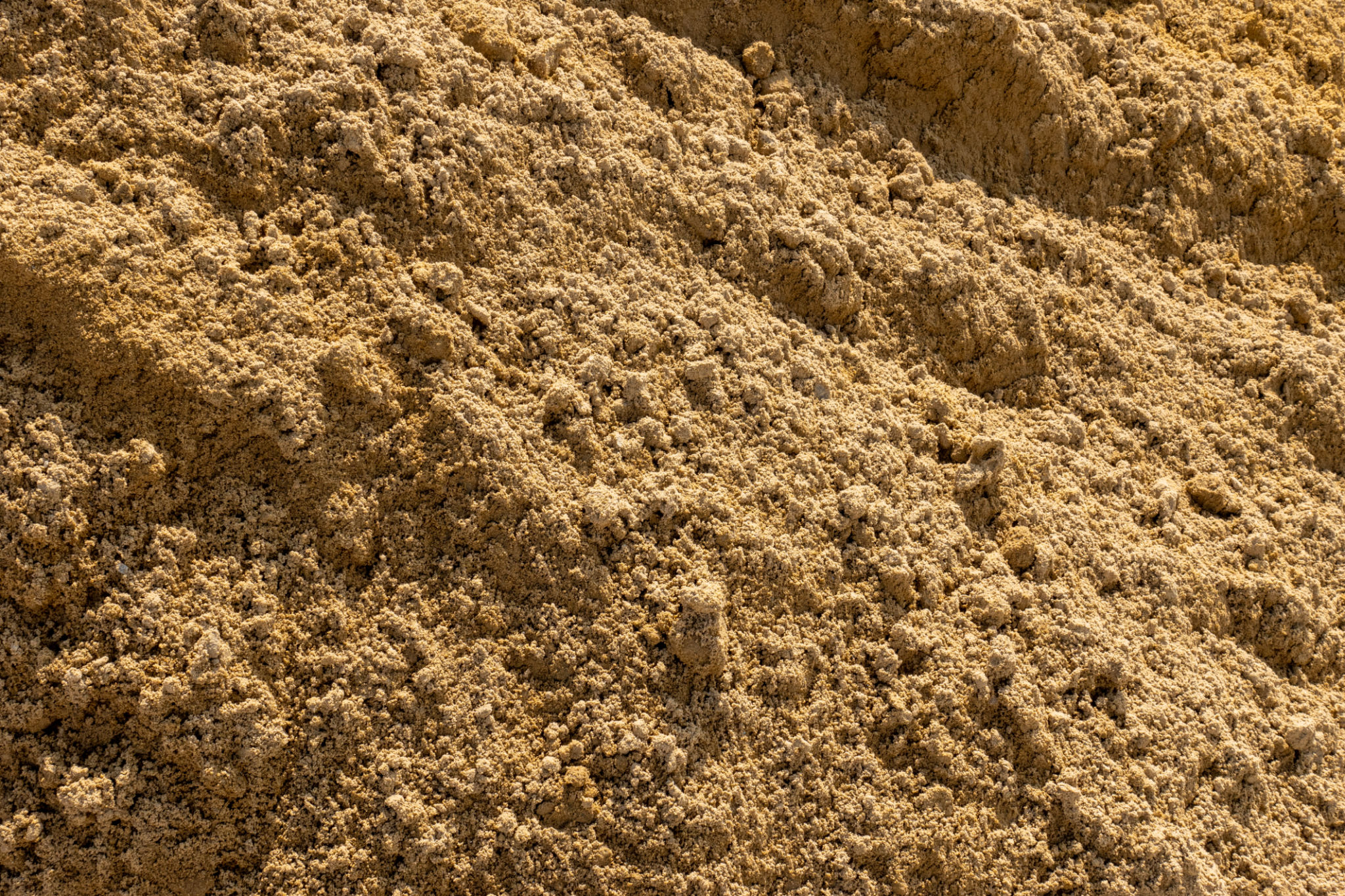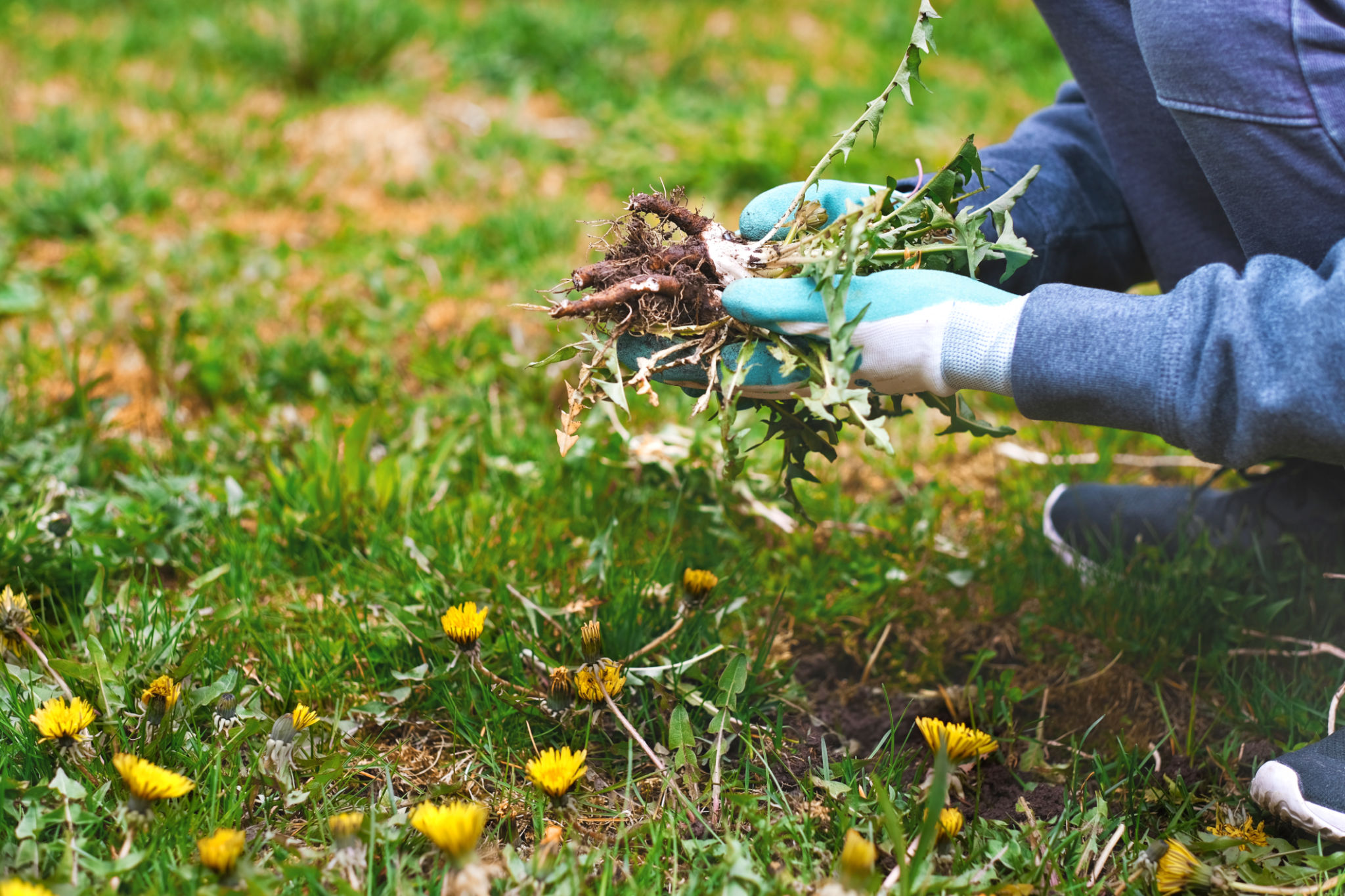5 Signs You Need Bermuda Grass Aeration Services
Introduction to Bermuda Grass Aeration
Bermuda grass is a popular choice for lawns due to its durability and lush, green appearance. However, to maintain its health and beauty, regular maintenance is crucial. One essential service is lawn aeration. But how do you know when your Bermuda grass needs aeration?

What is Lawn Aeration?
Aeration involves perforating the soil with small holes to allow air, water, and nutrients to penetrate the grass roots. This process helps the roots grow deeply and produces a strong, vigorous lawn. Aeration is particularly important for Bermuda grass as it tends to grow thick and can easily compact.
Why is Aeration Important?
Without proper aeration, your lawn may suffer from restricted root growth, reduced drought tolerance, and poor nutrient uptake. This can result in a weak and unhealthy lawn. Below are five signs that indicate your Bermuda grass might need aeration services soon.
Sign 1: Noticeable Lawn Compaction
One of the most obvious signs that your Bermuda grass needs aeration is soil compaction. If your lawn feels hard underfoot or if you notice water pooling on the surface after rain, it's a clear indication that the soil is compacted. Compacted soil restricts the flow of essential nutrients and water to the grass roots.

Sign 2: Thinning Grass
If your once-lush Bermuda grass is starting to thin out, it may be due to compacted soil preventing the roots from accessing nutrients and water. Thinning grass can also be a result of poor root growth. Aeration can help alleviate this issue by allowing better penetration of nutrients and water.
How Aeration Helps
Aeration helps break up compacted soil, promotes root growth, and allows your grass to absorb nutrients more efficiently. This results in thicker, healthier grass.
Sign 3: Excessive Thatch Build-up
Thatch is a layer of dead grass, roots, and debris that accumulates between the green vegetation and the soil surface. While a small amount of thatch is normal, an excessive build-up can prevent water and nutrients from reaching the roots. Aeration helps break down thatch and improve the overall health of your lawn.

Sign 4: Poor Drainage
If you notice water pooling in certain areas of your lawn or your Bermuda grass remains soggy after watering, poor drainage could be the culprit. Aeration improves drainage by creating channels for water to reach the roots more effectively.
Benefits of Improved Drainage
Better drainage prevents waterlogging, reduces disease risk, and promotes healthier root growth. This ultimately leads to a more vibrant and resilient lawn.
Sign 5: Increased Weed Growth
An increase in weeds can be a sign that your Bermuda grass is struggling. Compacted soil limits grass growth, giving weeds more opportunity to take over. Aeration helps strengthen your grass, making it harder for weeds to establish themselves.

Conclusion
Recognizing these signs early can help you maintain a healthy Bermuda lawn. Regular aeration not only addresses these issues but also enhances the overall appearance and resilience of your grass. By investing in professional aeration services, you ensure your Bermuda grass stays lush and beautiful year-round.